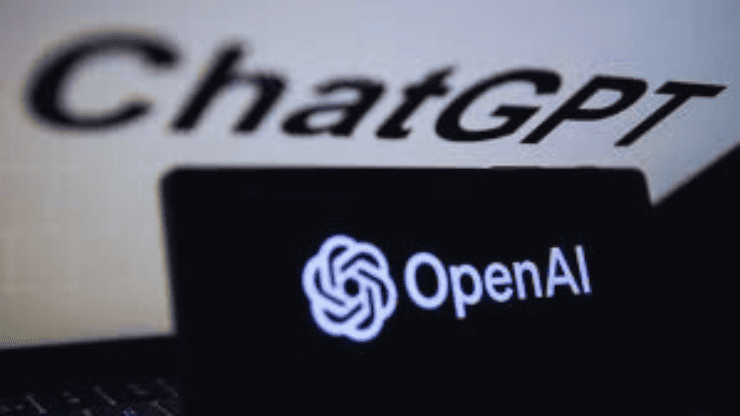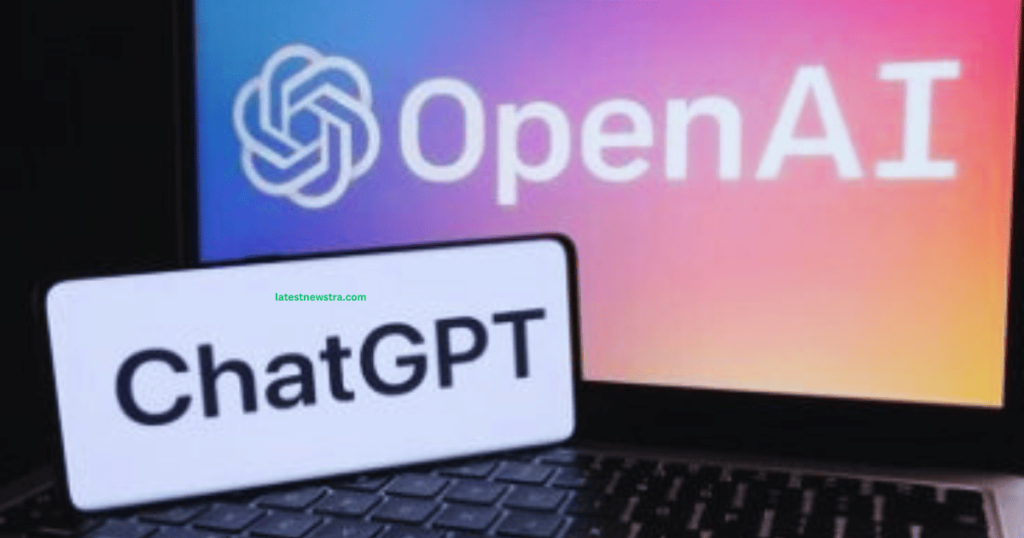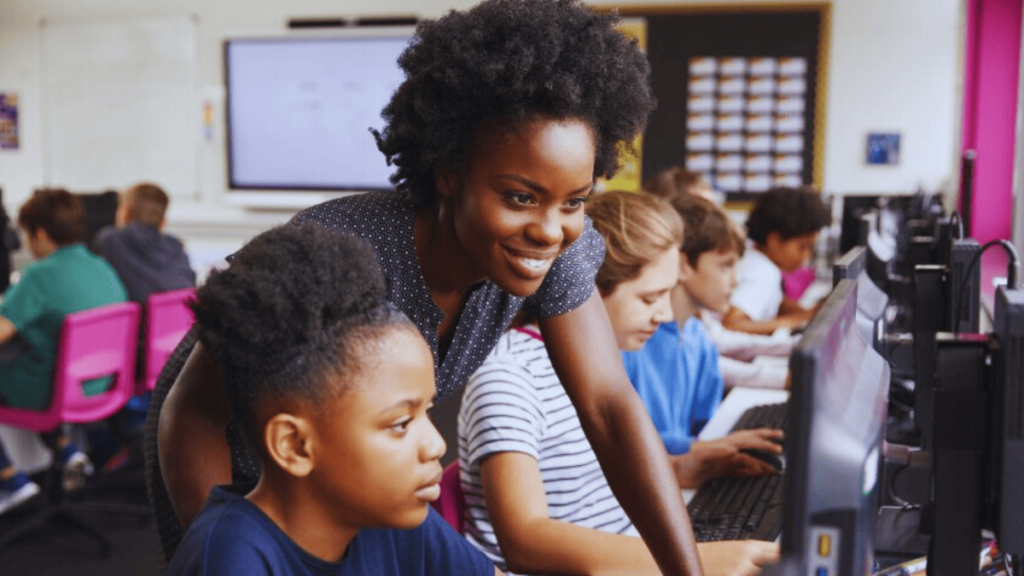OpenAI, the pioneer in artificial intelligence, has announced its vision to transform online education by integrating AI-powered chatbots into online courses. This initiative aims to create an interactive, personalized, and accessible learning experience for students worldwide. By addressing the shortcomings of traditional online learning platforms, OpenAI wants to pair online courses with chatbots to make education more engaging and tailored to individual needs.

A Groundbreaking Step in Education
Online courses have grown exponentially, but many still lack real-time interaction and personalized support. OpenAI’s chatbots aim to fill this gap, providing instant assistance, adapting to individual learning styles, and maintaining engagement throughout the course.
Recent updates indicate that OpenAI is actively collaborating with e-learning platforms to test this integration. The company is leveraging its advanced GPT models to design chatbots capable of natural and meaningful interactions with learners.
Features of Chatbot-Enhanced Learning
- Real-Time Query Resolution
OpenAI’s chatbots are designed to answer questions instantly, eliminating delays in understanding complex topics. Whether a learner needs help with mathematics, coding, or language skills, the chatbot offers immediate solutions. - Adaptive Learning Paths
Using AI to analyze a student’s performance, chatbots can recommend customized lessons, practice tests, or additional resources, making the learning process more effective. - Interactive Engagement
Traditional online courses often rely on passive content like videos or PDFs. Chatbots add a layer of interactivity by asking questions, testing knowledge, and offering motivational feedback to keep students engaged. - Accessibility for All
Chatbots operate 24/7, making education accessible to learners from all time zones and schedules. This feature particularly benefits working professionals and students in remote areas.
OpenAI’s Unique Approach
While many companies are experimenting with chatbots in education, OpenAI stands out for its advanced AI capabilities. The company’s GPT models have already demonstrated exceptional proficiency in generating human-like responses, making them ideal for educational applications.

The integration process involves training chatbots on diverse educational content, ensuring accuracy, relevance, and a human touch. This is why OpenAI wants to pair online courses with chatbots, aiming to redefine the standards of online learning.
Recent Developments
- Pilot Programs: OpenAI is collaborating with leading e-learning platforms to pilot chatbot-assisted courses. These trials are receiving positive feedback for improved student engagement and comprehension.
- AI in Corporate Training: Companies are exploring the use of chatbots for employee skill development, with OpenAI leading the charge in creating industry-specific training modules.
- Multilingual Support: OpenAI’s chatbots are being trained to support multiple languages, breaking down language barriers in education.
Real-World Applications
- Test Preparation
Chatbots can simulate real exam scenarios, providing mock tests and detailed feedback to help students improve. - Language Learning
AI-driven chatbots can act as conversational partners, helping students practice and master new languages. - Skill Development
For technical courses like programming or graphic design, chatbots can offer tutorials, debug code, and suggest creative improvements.
Addressing Challenges
While the potential of chatbot-assisted learning is immense, challenges like maintaining response accuracy and gaining user trust persist. OpenAI is actively addressing these by refining its algorithms and incorporating user feedback into chatbot training.
Another challenge is ensuring that chatbots complement, rather than replace, human instructors. OpenAI envisions a hybrid model where chatbots handle routine queries while instructors focus on deeper learning and mentorship.
The Future of Education with Chatbots
As OpenAI continues to refine its chatbot technology, the possibilities for education are expanding. From creating entirely virtual classrooms to personalizing learning for every student, the integration of chatbots could reshape the educational landscape.

Experts believe that OpenAI wants to pair online courses with chatbots not just to improve current systems but to create a future where education is universally accessible, interactive, and effective.
Conclusion
The integration of chatbots into online courses is a visionary move by OpenAI, addressing the long-standing limitations of traditional e-learning. With its commitment to innovation and education, OpenAI is setting the stage for a new era in personalized learning.
